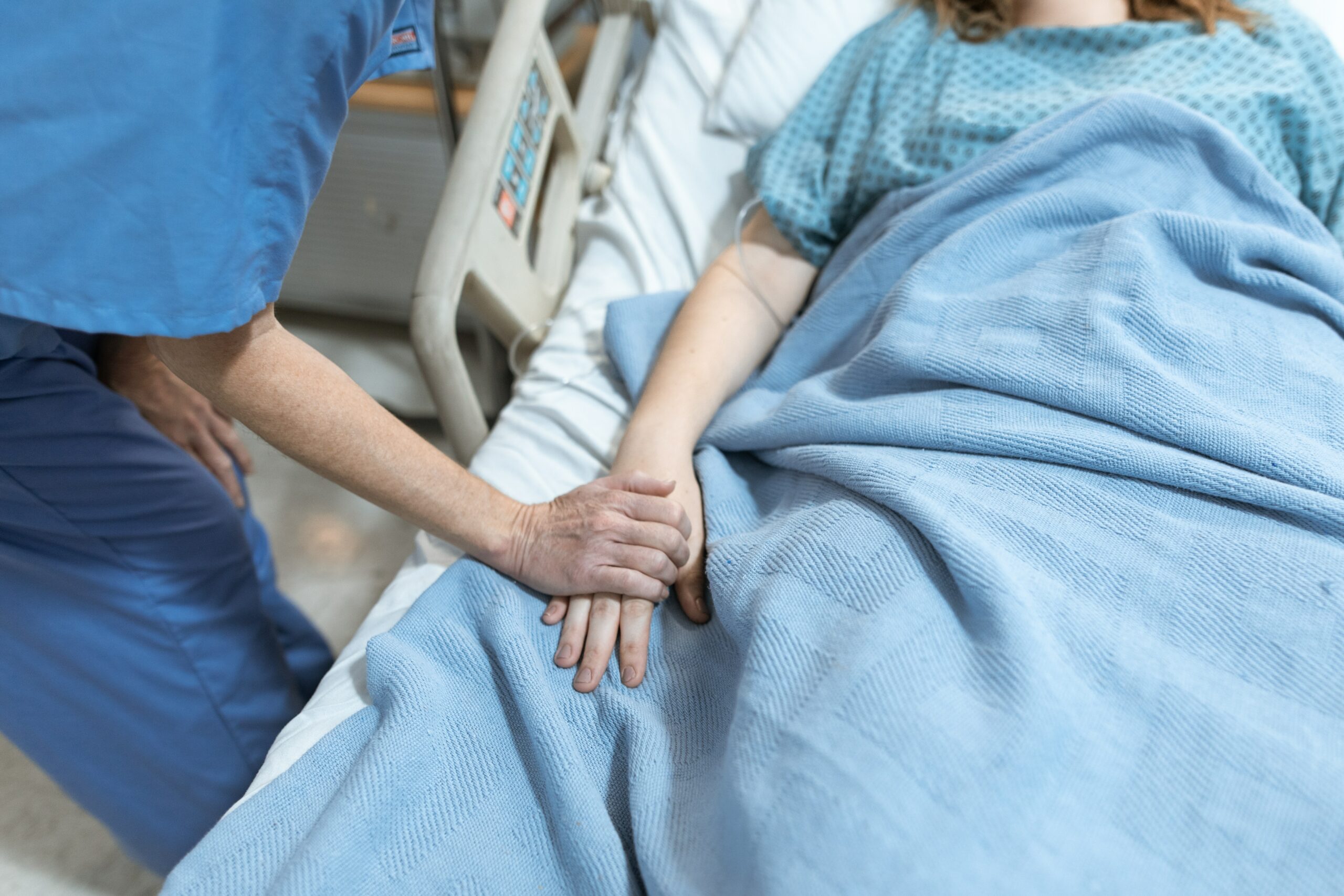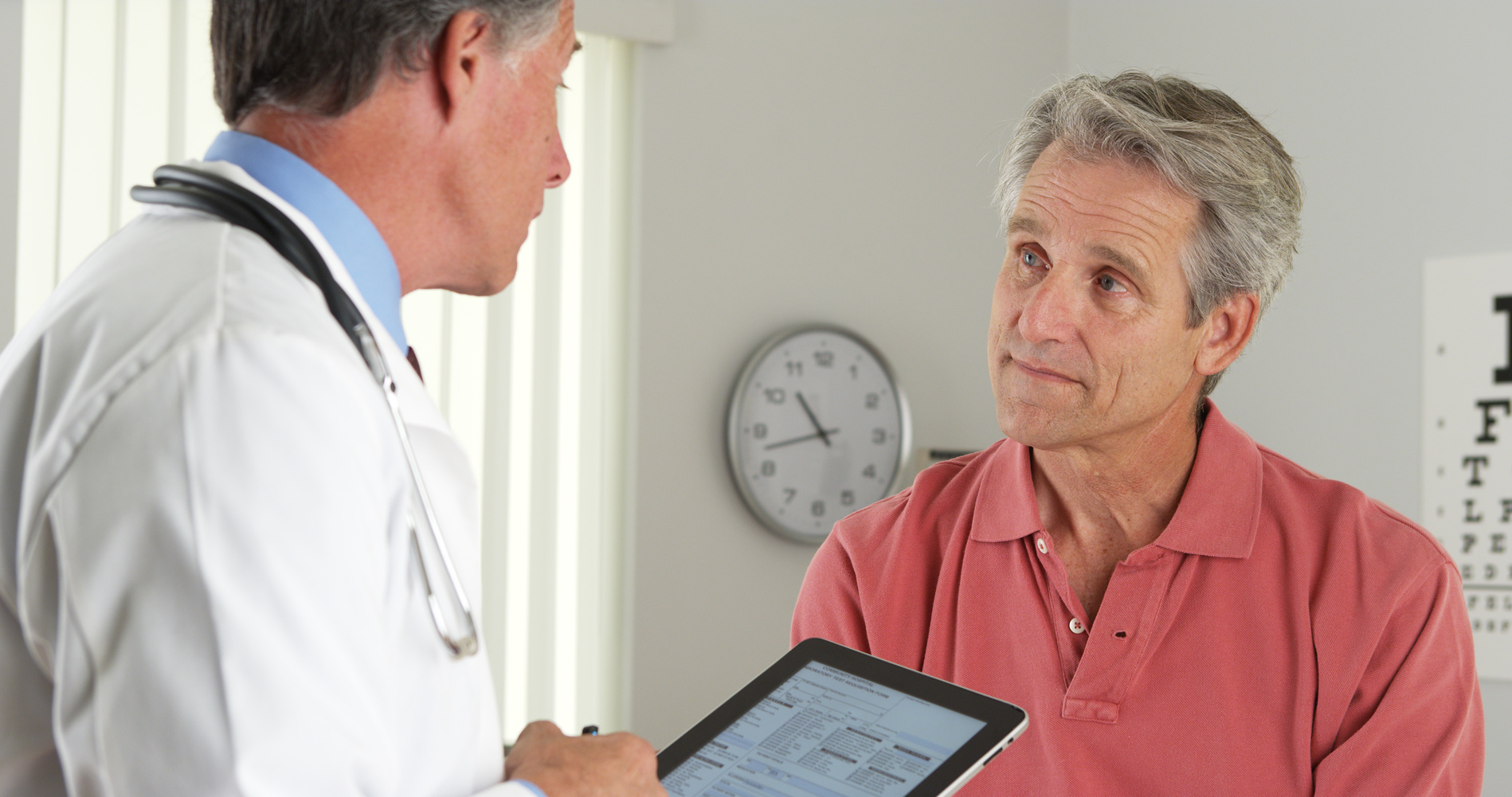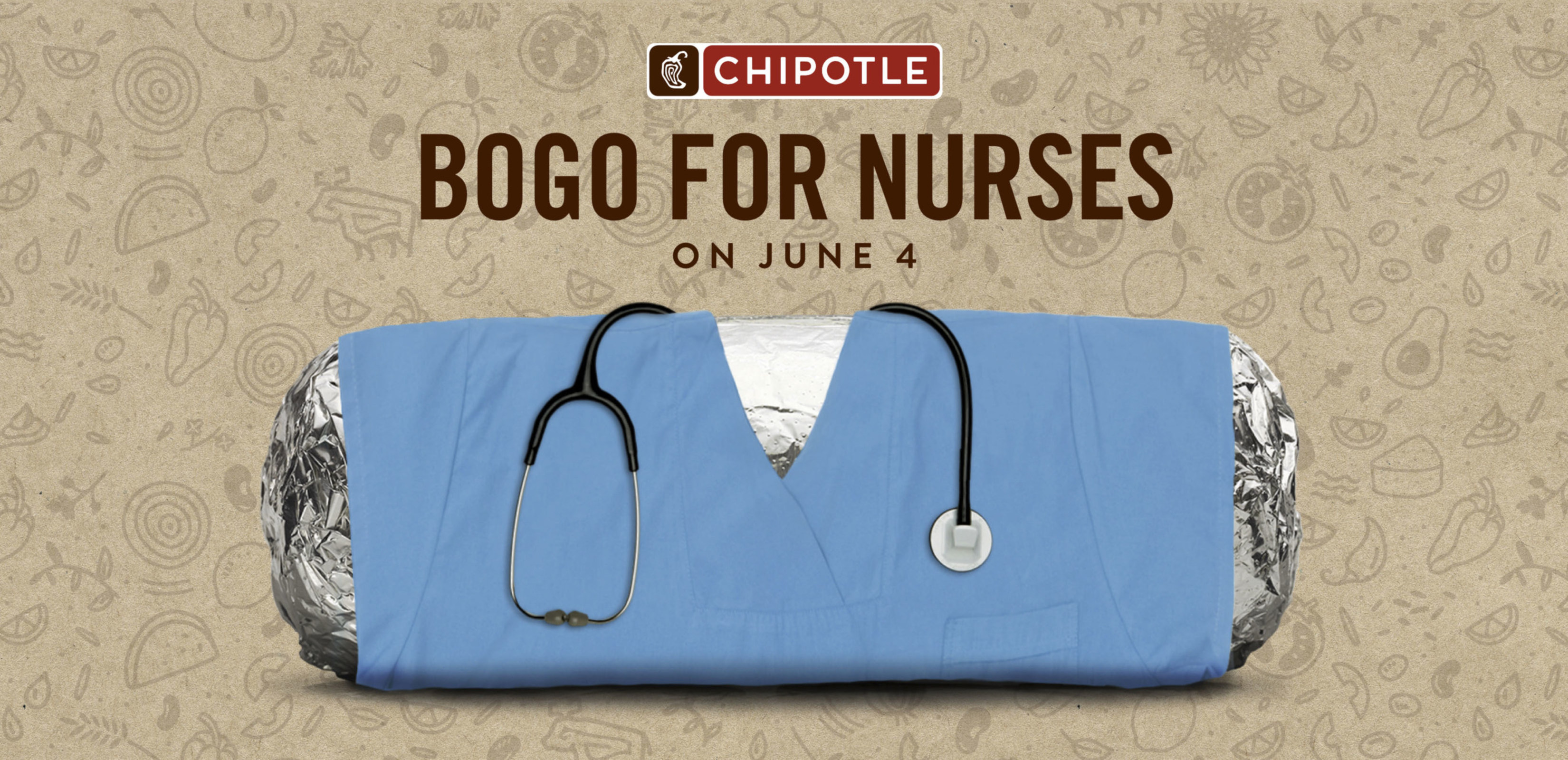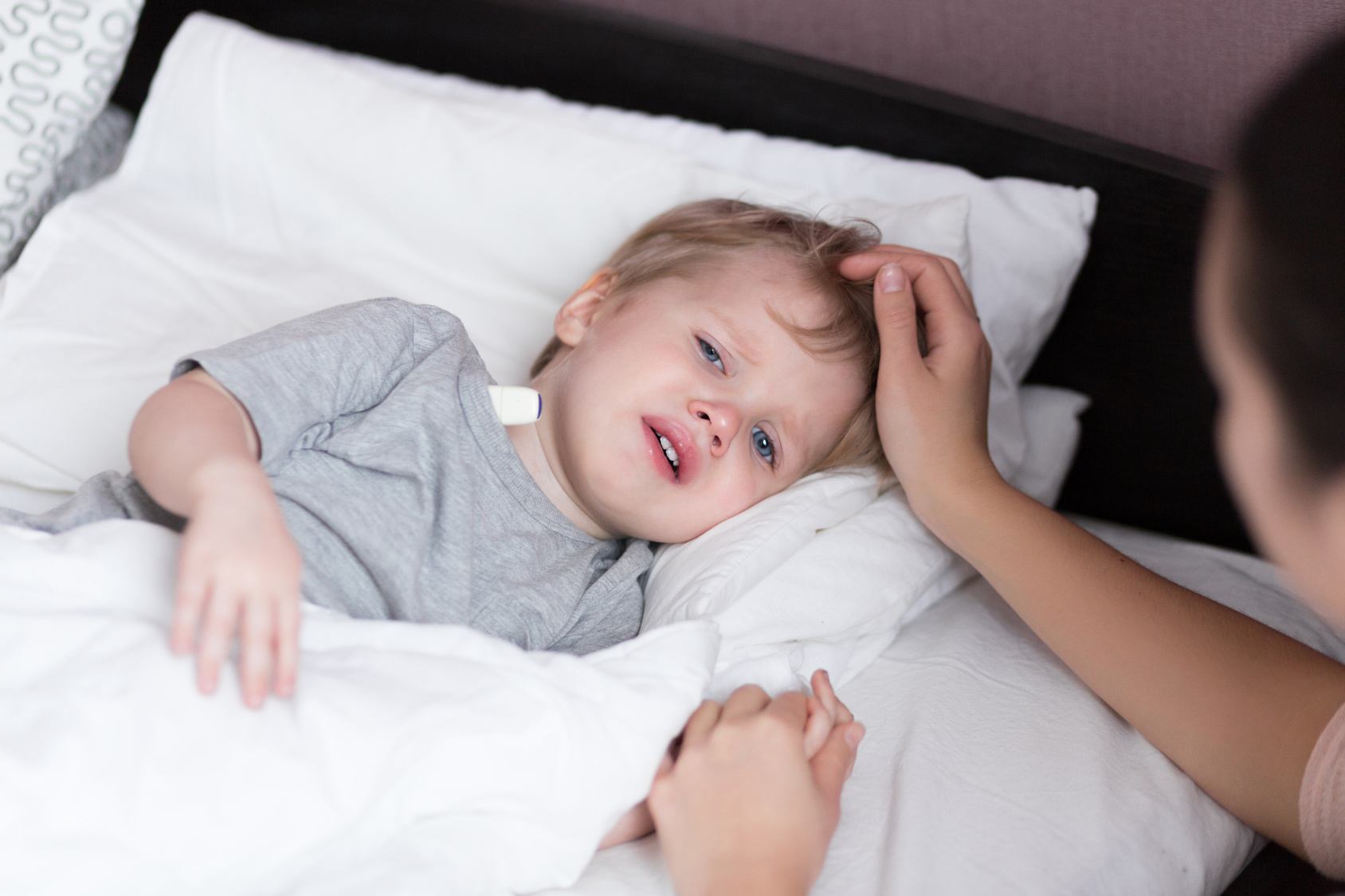No matter what symptoms you Google, it seems as though the search engine ends up painting a bleak picture, returning worst-case-scenarios like that you are having a heart attack, or that you have cancer, or any number of complex diseases or conditions. Or maybe even worse, it downplays more serious conditions. Yet, for some reason, 89% of patients queue up Google and search for their symptoms before going to see a medical provider.
The reason? According to a recent survey conducted by eligibility.com, where the staggering number came from, it is because patients wanted to see just how serious their symptoms were before seeking a professional diagnosis and treatment.
This practice comes with its own problems, of course, since Dr. Google is not an actual doctor and neither are the people who are Googling their symptoms. For instance, Googling “nasal congestion,” which is the most popular symptom Googled in Texas, Georgia, and Florida, returns the following possibly related, mildly problematic health conditions: seasonal allergies, common cold, sinusitis, upper respiratory infection, and animal allergy. However, it can also be a symptom of something more serious that should not go ignored, such as thyroid disorders, the flu, or even pregnancy, and Google has absolutely no way of saying for certain. Meanwhile, on the other side of it, patients who Google their symptoms can be susceptible to “cyberchondria,” a sort of adjunct hypochondria, in which they experience unreasonably high anxiety regarding common symptoms due to their search behavior.
While Google may be a useful tool for a lot of things, one thing is for certain: it is no replacement for a living, breathing medical professional. And even Google will tell you that.
Disclaimer: The viewpoint expressed in this article is the opinion of the author and is not necessarily the viewpoint of the owners or employees at Healthcare Staffing Innovations, LLC.








